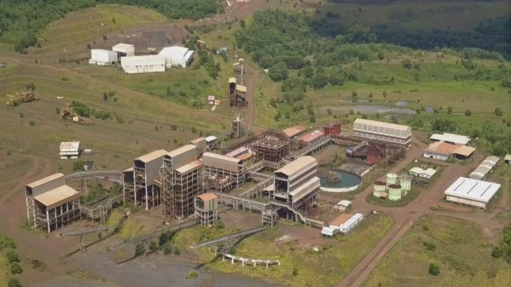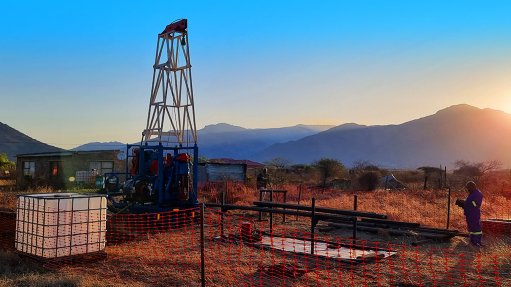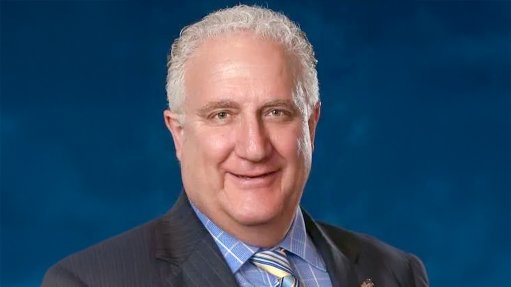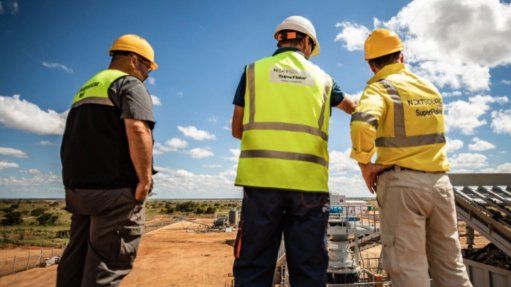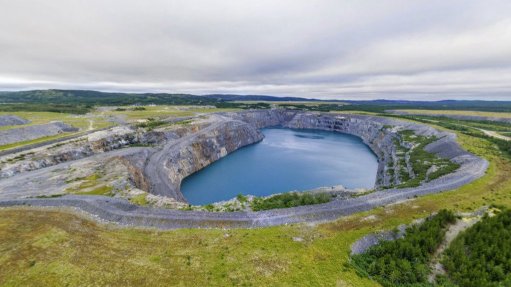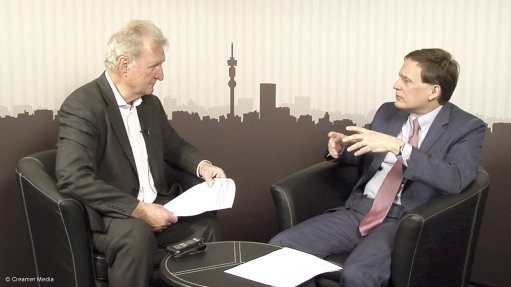R120bn portfolio boosts Cape Town’s water infrastructure
The City of Cape Town has launched its R120-billion infrastructure portfolio for economic growth, of which around 38%, or R45-billion, will be allocated to addressing water and sanitation infrastructure.
This includes the upgrading of wastewater works, sewers to reduce spills, ensuring a healthy and dignified environment, and delivering new water sources daily.
Cape Town Mayor Geordin Hill-Lewis says that, under the portfolio, major capacity upgrades will be made at Potsdam, Zandvliet, Athlone and Macassar, in addition to refurbishing the Bellville wastewater works.
“Over R3-billion is approved over the current three-year budget cycle to achieve this,” he adds.
Additionally, R860-million will be allocated towards major upgrades on bulk sewers in the Cape Flats, Milnerton, Phillipi and Gordon's Bay, with sewer pipe replacement quadrupling from 25 km/y to 100 km/y, which is worth R755-million over three years.
There will also be a seven-fold increase in the city’s budget allocation for sewer pumpstationupgrades, which was R70-million last year, but will be ramped up to R400-million in 2024, and to R500-million in 2025.
“We have already installed early-warning telemetric alarm systems at all sewer pumpstations to help detect faults,” adds Hill-Lewis.
He points out that more than R100-million a year will be allocated towards generators, security, and electrical maintenance to protect water infrastructure against loadshedding, with the budget for major upgrades and refurbishments set to exceed R400-million a year by 2024.
Hill-Lewis says, to further secure Cape Town's water security and protect it from future droughts, the city is investing about R5-billion to introduce 300 Mℓ/d of new water by 2030.
Meanwhile, Cape Town acting Water and Sanitation MMC Siseko Mbandezi says the city has voluntarily targeted a 10% saving on allocation – which refers to the portion of water allocated to Cape Town metro from the Western Cape water supply system to help keep dams and reservoirs fuller for longer.
“The city had below-average rainfall last year, and this could happen again this year. Using less water will also help reduce the impact of ongoing loadshedding on the water supply system.”
Further, the city has established the Our Shared Water Future water strategy, “which draws from the 2017 drought learnings”, says Mbandezi.
The Western Cape water supply area has been subjected to prolonged drought cycles, ranging up to ten years.
Current climate change models suggest that drought cycles will become more frequent as the effects of climate change become more intense, with studies further suggesting that 25% less water will be available in the Western Cape water supply system over the next 30 years, notes Mbandezi.
The city initially implemented a proactive water-use target of 950 Mℓ/d in November last year to conserve dam water before the next rainfall season.
However, high stages of loadshedding also created operational challenges that resulted in capacity constraints.
Consequently, the City of Cape Town could not produce enough water, which resulted in reservoirs not remaining full during high water use and, consequently, to a revised target in December last year of 850 Mℓ/d, says Mbandezi.
“The city will be in a vulnerable position if we do not reach the proactive water target if high stages of loadshedding continue and if we get below average rainfall again,” Mbandezi adds.
However, Hill-Lewis says the Table Mountain Group aquifer - which runs from Nieuwoudtville in the Great Karoo to Cape Agulhas in the south, and to Port Elizabeth in the Eastern Cape – delivered its first water in 2020, and the first groundwater is expected to be injected into the supply network in mid-2023, from the Cape Flats aquifer.
The city will also continue to reduce water wastage through leak detection, pressure management, and doubling the annual water-pipe replacement targets, notes Hill-Lewis.
“Last year, the infrastructure budget was R5.7-billion; next year, it will be R10.5-billion and in two years, it will be north of R12-billion. This means infrastructure investment is growing by 110% in three years,” states Hill-Lewis.
Article Enquiry
Email Article
Save Article
Feedback
To advertise email advertising@creamermedia.co.za or click here
Press Office
Announcements
What's On
Subscribe to improve your user experience...
Option 1 (equivalent of R125 a month):
Receive a weekly copy of Creamer Media's Engineering News & Mining Weekly magazine
(print copy for those in South Africa and e-magazine for those outside of South Africa)
Receive daily email newsletters
Access to full search results
Access archive of magazine back copies
Access to Projects in Progress
Access to ONE Research Report of your choice in PDF format
Option 2 (equivalent of R375 a month):
All benefits from Option 1
PLUS
Access to Creamer Media's Research Channel Africa for ALL Research Reports, in PDF format, on various industrial and mining sectors
including Electricity; Water; Energy Transition; Hydrogen; Roads, Rail and Ports; Coal; Gold; Platinum; Battery Metals; etc.
Already a subscriber?
Forgotten your password?
Receive weekly copy of Creamer Media's Engineering News & Mining Weekly magazine (print copy for those in South Africa and e-magazine for those outside of South Africa)
➕
Recieve daily email newsletters
➕
Access to full search results
➕
Access archive of magazine back copies
➕
Access to Projects in Progress
➕
Access to ONE Research Report of your choice in PDF format
RESEARCH CHANNEL AFRICA
R4500 (equivalent of R375 a month)
SUBSCRIBEAll benefits from Option 1
➕
Access to Creamer Media's Research Channel Africa for ALL Research Reports on various industrial and mining sectors, in PDF format, including on:
Electricity
➕
Water
➕
Energy Transition
➕
Hydrogen
➕
Roads, Rail and Ports
➕
Coal
➕
Gold
➕
Platinum
➕
Battery Metals
➕
etc.
Receive all benefits from Option 1 or Option 2 delivered to numerous people at your company
➕
Multiple User names and Passwords for simultaneous log-ins
➕
Intranet integration access to all in your organisation






